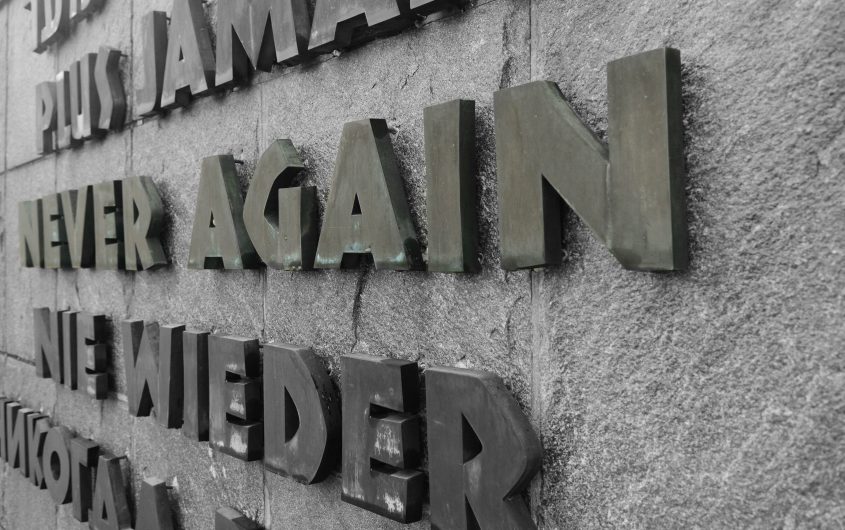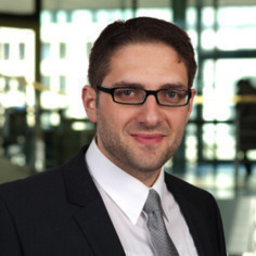
Never Again!
A Historical Survey of Anti-Semitism in Germany between 1933 and 1935 and Implications for Contemporary Debates
When an anti-Semitic loner killed 11 members of a Jewish congregation in Pittsburgh in October, committing the deadliest act of anti-Semitic violence in U.S. history, people asked: is history repeating itself? Are there parallels to the time when a radical anti-Semitic ideology became state policy in Germany, ultimately paving the way to the destruction of European Jewry?
The expression “Never again!” denotes both a stern determination to fight modern forms of anti-Semitism and the willingness to keep historical memory alive. It also assumes, however implicitly, a comparability between contemporary forms of anti-Semitism and historical experiences, including the persecution perpetuated in Nazi Germany. Aside from methodological challenges that a comparison between different time periods invokes, a thorough examination of the historical circumstances remains indispensable. While many seminal works have shed light on numerous aspects of the rise and reign of anti-Semitism in Germany in the twentieth century, some historical sources remain understudied.
This seminar will present the findings of archival research conducted at the U.S. Holocaust Memorial Museum in Washington, DC, that examined the files of the Central Association of German Citizens of Jewish Faith (Centralverein deutscher Staatsbürger Jüdischen Glaubens, C.V.) in the period from 1933 to 1935.
The C.V. files contain not only reports by the branches of the Centralverein, which were sent to the headquarters in Berlin, but also the correspondence of individuals describing their experiences. It includes Centralverein policy strategies aimed at fighting discrimination. An analysis of the various discriminatory practices directed at the Jewish community in this period—and the community’s reactions—can help to address the question of whether contemporary forms of anti-Semitism can be deemed a historical recurrence.
Join AGI as DAAD/AGI Research Fellow Ufuk Topkara examines anti-Semitism in Germany.

Dr. Ufuk Topkara is a DAAD/AGI Research Fellow from October to December 2018. He has been active in promoting inter-religious dialogue since 2005 as an expert on Islam for the Evangelical Academy Berlin, as a member of the Jewish-Turkish Roundtables for Dialogue, and with the Catholic Academy Berlin. Dr. Topkara was a Tour Guide at the Jewish Museum of Berlin from 2005 to 2015. He was a Humanity in Action Fellow in New York and worked in the U.S. House of Representatives as a Humanity in Action-Lantos Fellow in Washington, DC. He studied History and Philosophy at Humboldt University of Berlin and Harvard University. He completed his doctoral dissertation with the Graduate School of Islamic Theology at the University of Paderborn, Germany, analyzing the convergence of reason and faith in Islam. Starting in January 2019, he will be a Visiting Scholar and Fellow at the Virginia Center for the Study of Religion at the University of Virginia.
Location
AICGS
1755 Massachusetts Ave. NW | Suite 700 | Washington, DC 20036






